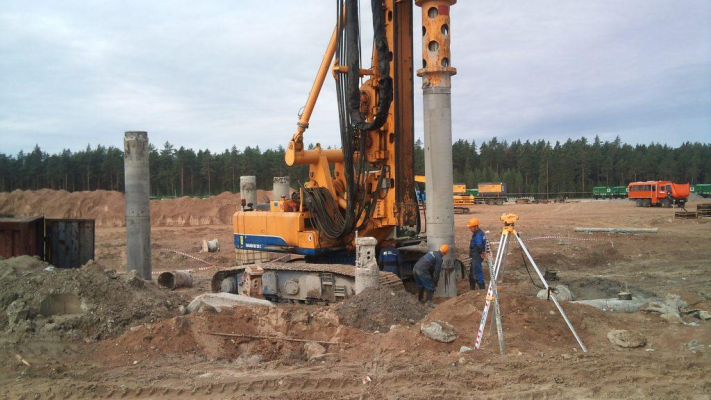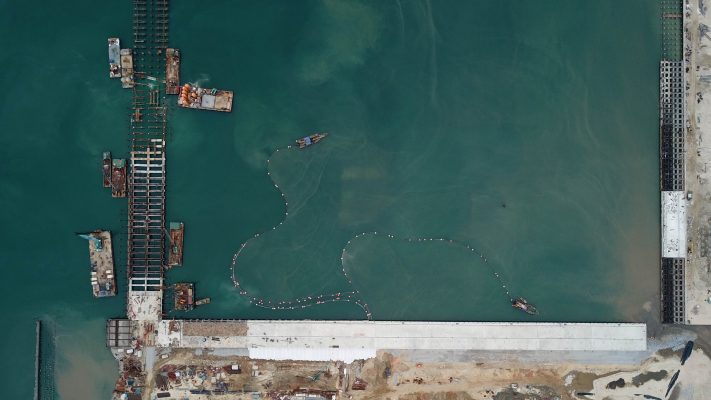In the field of construction, geotechnical site investigation is deemed highly significant as it aids designers in formulating appropriate foundation solutions.

Geotechnical site investigation involves drilling holes and collecting soil samples to obtain specific data regarding the physical and mechanical properties of the soil, geological stratification, water conditions, geological anomalies, and more. This assessment helps to evaluate the geological conditions at the construction site, enabling designers to devise suitable foundation approaches that ensure safety and cost-effectiveness.

Key tasks within geotechnical site investigation encompass drilling, excavation, static penetration, dynamic penetration, geophysical studies, static load testing, lateral load testing, and profiling, among others.
The outcomes of geotechnical site investigation empower designers to:
- Evaluate the suitability of the site and environment for proposed construction projects.
- Design and select appropriate foundation solutions in a rational and cost-saving manner.
- Propose the most effective construction methods, foresee challenges, and anticipate obstacles that may arise during construction.
- Identify geological environment alterations resulting from human economic and construction activities, as well as their impacts on the structure itself and neighboring constructions.
- Assess the safety levels of existing structures, design upgrades for current structures, and study past incidents causing structural damage.
How is geotechnical site investigation conducted? Geotechnical site investigation is typically carried out prior to designing the foundation of a construction project. It occurs on the intended construction site, important structures’ locations, areas for house and water wells, and others.

Even for projects utilizing pile driving methods and determining load-bearing capacity using load cells, geotechnical site investigation remains essential. This is because load cells only provide instantaneous load readings during pile driving. However, over time, the actual load on the piles may undergo significant variations. Consequently, all construction projects, particularly large-scale ones, must undergo geotechnical site investigation and perform time-based load tests on piles to ensure safe construction.
In summary, geotechnical site investigation plays a crucial role in the construction process. It guides designers in making informed decisions, enhances safety measures, optimizes resource allocation, and fosters a robust foundation for sustainable construction endeavors.


 VN
VN CN
CN KR
KR JP
JP